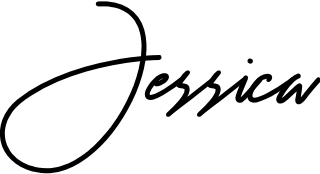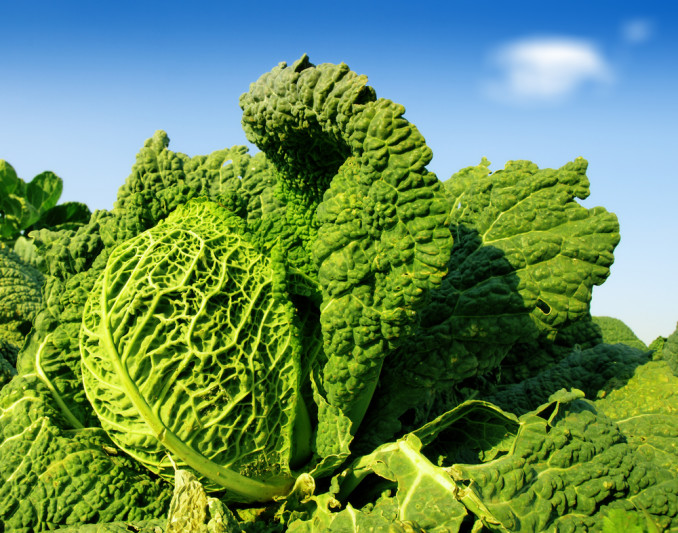
So last time around, we talked about how Professor Spira lost 100-pounds *without* hard core exercising and starving himself.
Better yet, Professor Spira did not feel hunger at all, have boundless energy and radiant health, has maintained his weight and regained his health, and rarely spends any energy worrying about if the food he ate would make him fat (Yes, I know we all this do it from time to time.)
To dive deeper into Professor Spira‘s secret, I’ve invited him to be back with us. In this second episode of the Deliciously Playful Lana Podcast, we’ll be discussing the following:
- Plant-based mucus-forming foods that you may want to avoid
- How to use mucus-forming foods to transition into mucus-free diet
- Types of cooked mucus-free vegetables you have easy access to
- Why its better to eat a meal with cooked mucus-free vegetables versus a 100% raw diet in some cases
- The difference between the mucus diet versus a raw food diet
- Why Professor Spira is not a big fan of avocados (Really?)
- The *golden rule* when you eat cooked vegetables (Scroll down for more)
- Why some people may swing from a raw vegan diet to a Paleo diet
Click here to listen to the file on podbean.
Click here to download the file on iTunes.
Questions or Guest Suggestions?
If you have more questions you want to see addressed on this vegan podcast in the future, leave a comment below or reply to one of Deliciously Playful Lana‘s newsletter emails (yes, I personally read everything).
And if you have suggestions for future guests, or you want to be on the podcast yourself, also leave a comment below or reply to one of my emails.
Is the Mucusless Diet the Original Vegan Diet?
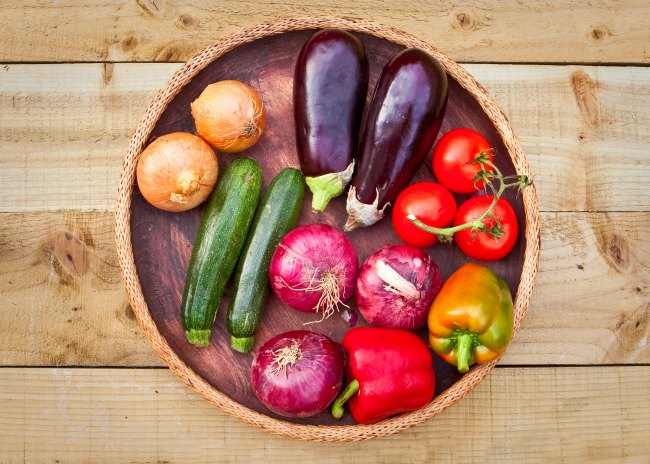
Q: So, we’re back with Professor Spira and we’re going to debunk some myths on the mucusless diet. Some people are saying that the mucusless diet is the original vegan diet. Tell me more about that; this sounds interesting.
Professor Spira: Yes, that is sort of a claim that I have made after studying the history. Of course some people say well, the word “vegan” wasn’t coined until 1944 and that’s true.
However if you read the history, people that consider themselves vegan historians will go back into the 1800s and follow the seeds of veganism that started in the vegetarian societies of Europe and then later in America. But there were really no books.
There were a few people that published what they considered a vegan cook book that came out in the 1800s. But there was no dietary system that led to what today we would call a vegan diet or a plant based diet.
So Ehret started publishing his works in the early 1800s and then the mucusless diet in 1922. And if you read the vegan history, they will go from the late 1800s and 1910 with what some of them say is one of the earliest vegan cookbooks and then they skip to 1944.
Why’d you skip over Arnold Ehret? This is one of the most important plant based educators and promoters that had ever been and inspired a lot of the people that would become the visible vegans.
And so that’s why I say that’s the mucus-free diet is the original vegan diet. Even if you believe in what some of the archaeologist say, that humans were originally plant based people, then that would be the mucus free diet or the fruit diet. So the original plant based diet would be the mucusless diet.
How to use Mucus-Forming Foods to Transition into Mucus-Free Diet
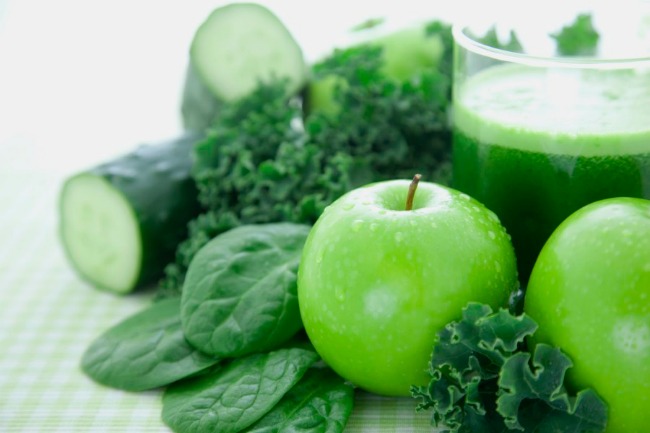
Q: What are some mucus forming foods?
Professor Spira: Mucus forming foods are dead animal flesh, dairy, grains, starches, and fats, even that of plant origin.
Now, before everybody gets scared and mad, you can use some of those mucus-forming foods to transition off of the worst ones as we talked about earlier.
You can use wheat products to get off of meat. I use some fats in the form of olive oil.
Not a fan of avocados, they’re too addictive to me and they create a lot of slime, so I tend to steer clear of those. Those are the mucus forming items.
Cooked Mucus-free Vegetables?
Things that are mucus free are going to be your fat free and starch free fruits and vegetables. There’s a certain category of vegetables that become relatively mucus free when they’re cooked properly.
So things like zucchini, all kinds of squash, acorn squash, butternut squash, sweet potato, all of these things when cooked long enough and properly become relatively mucus-free.
Q: And what are the transition foods?
Professor Spira: Yeah, those are excellent, and that’s a lot of raw foodists skip over and they deprive themselves the opportunity to transition using things like cooked acorn, squash or these items that are mucus free.
So instead of eating a cooked mucus-free meal they will go and eat three of four, five or six avocados and think that’s okay because it’s raw.
And from our perspective, because Ehret said that all fats are a negative proposition and mucus forming for humans, and that it would be better to actually eat a cooked mucus-free meal with the baked potato (not a big white potato but sweet potato; white potato is too starchy.)
Why Baked Sweet Potatoes are better than Raw Nuts and Seeds in the Mucus-free Diet
But like a baked sweet potato or acorn or squash, that would be a better meal than to go eat a bunch of nuts and seeds even though they might be raw, or avocado even though they might be raw.
And that’s one of the huge differences between where a lot of the raw food consciousness and dogma lies vs. the mucusless diet.
Mucusless Diet: the Middle Way?
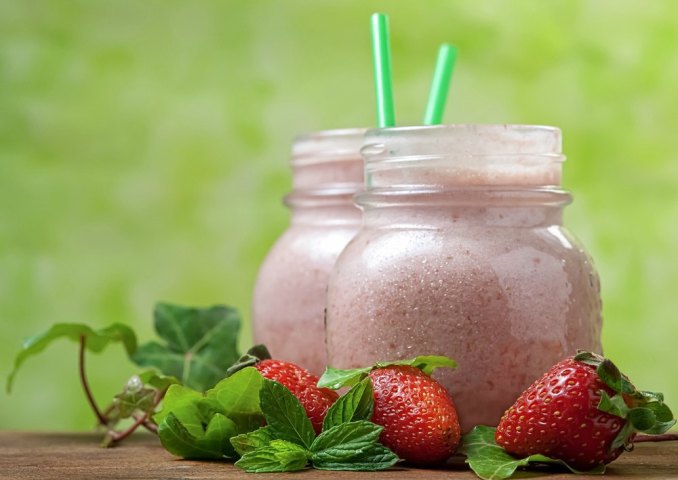
Like I said sometimes the mucusless diet is the ultimate middle way. Some people like that concept of the middle way.
To me if you have raw food-ism on one side and you have veganism on the other side, the mucusless diet encapsulates all that, there is no other dietary system that by definition would include vegetarianism and veganism which is part of your transition.
But also at the highest levels there is going to be raw mucuslessness, and so it encapsulates both of those worlds. The difference is with the mucusless diet versus raw food-ism is with the mucusless diet its okay to eat some cooked foods, it’s not the end of the world.
But you want them to be targeted, you want to be eating them for a reason and you want them to be things that are going to eliminate well without leaving behind a lot of slime.
From mucusless diet versus the veganism is mucusless diet practitioner is not going to want to eat things like the tofus and the rices and the soy burgers and the seiten and all the process kind of foods and all that kind of stuff.
We’re not going to eat that for too long. Might use a little bit of it to transition from time to time, but you’re never going to develop a mentality like “I’m going to eat like this the rest of my life.”
Q: And that’s why you think that some of the raw foodists that come to see you fall off the wagon, because they didn’t go through the transition period?
Professor Spira: Right, they either fell off or they’re in the process of falling off or they’re not getting the healing that they need.
I work for many people that were raw, yet they were into stuff like fermented foods, which some of these things, to me are a prepared food, once something is prepared, if you’ve changed it if you dehydrate it, if you ferment it or whatever, my definition of raw food it just doesn’t apply.
For me raw foods are going to be raw, mucus-free fruits and green leafy vegetables.
But I understand the definitions on the other side.
But what I’ve noticed is several people, and I’ve done this several times where they were almost scared of cooked foods just from the mentality and they didn’t want to do it. But they were suffering and they weren’t getting any healing.
And I said okay, let’s hit the reset button. First get off of, kombucha. Get off this mushroom teas and these fermented things, get off of that stuff and let’s get you back to eating a couple things that’s going to sort of change something up, you want to shift things. And so you get into your zucchinis, you get into your whatever.
The Golden Rule when you Eat Cooked Vegetables
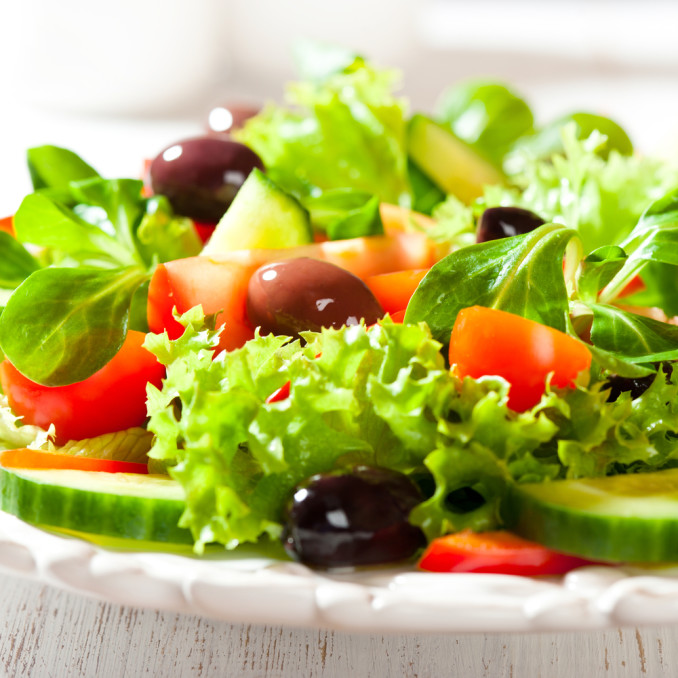
But the rule is whenever you eat a cooked mucus free vegetable, you always eat it with a raw salad.
So every time you have a vegetable meal, you’re always going to have a combination salad made of, my favorite is spinach, green leaf lettuce, chopped celery.
And then you can have other things over and above that.
And then there’s a lot of the folks that they might be raw for several years and they’re feeling real good but then all of a sudden they get to a point where they go through something crazy, and a lot of those folks have never fasted properly.
Part of the mucusless diet is intermediate fasting, just short term periods of fasting every once in a while and a lot of–some of the raw food folks are against the prospect of fasting.
So they’ve never really detoxed, so they might be eating raw fruits and vegetables but they never detox. So they get to a point where all of a sudden they go through this crazy healing crisis, elimination, poisons come up. I’ve seen people go back to meat. I’ve seen people go into that, what’s the name of that, Paleolithic thing.
Why People Switch from Raw Vegan to a Paleo diet
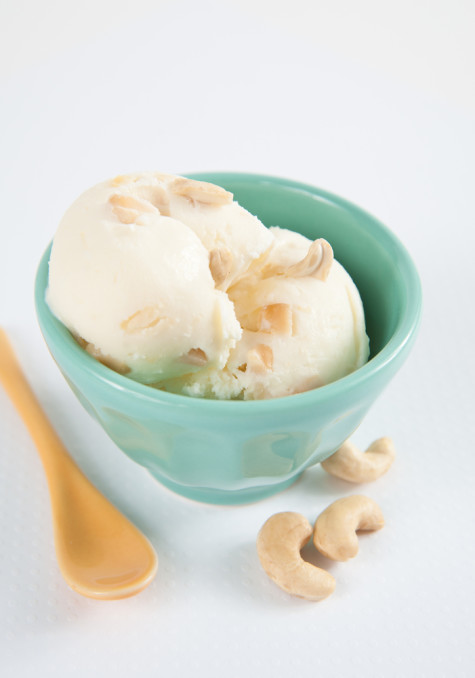
Q: Why do people go from raw vegan to a paleo diet?
Professor Spira: Over the course of those six months I effectively eliminated those poisons and transformed my physiology permanently to the point where that wasn’t even an option, that wasn’t going to happen.
But when people try to turn on a dime and don’t go through a transition period, this may not work. If these poisons aren’t eliminated, they have not changed their physiology permanently. For instance, if they go from the standard diet to raw vegan, pigging out on a bunch of avocados and stuff, they never eliminate those poisons.
And so the poison is housed in your tissue system and once your body gets the opportunity to eliminate, it does so.
If you are not armed with the mucusless diet transitional methodology (which would really help when they were going through that kind of elimination), they give into that addiction and get back on animal products. They go all the way back to meat, because they never transformed their physiology.
Q: Lastly, is the mucus-free diet equivalent to fruitarianism?
Professor Spira: Well, a lot of people think that the mucusless diet automatically means fruitarianism and I don’t really like a lot of these “isms” because what they do is they put us in a box.
As soon as you call yourself an “ism”, now you’re in a box “Well, I’m a vegan, I do veganism or raw food-ism or fruitarianism” and you’re already in a box.
With mucusless diet healing system, it’s a system and everybody is at a different part. Some people are still dealing with vegetarian stuff, some people might be at a vegan level, some people might be doing fruit fasting, other people might be doing water fasting.
I mean, everybody is at a different level and it’s all part of the system, so we’re not inhibited by an “ism”.
So, at the highest levels of the mucusless diet or it could be said that the highest level of the mucusless diet is a fruit diet.
But there’re going to be items that would be a part of a mucusless fruit level or things that you would have on a raw food diet that is not a part of the mucusless fruit level, that a mucusless fruit level you’re not going to be eating any of the fatty fruits, you’re not going to have the nuts and the seeds. That’s not going to be a part of a mucusless diet centered idea of a fruit diet.
So in terms of fruitarianism, I don’t like that word, it’s too inhibiting. But yes, at the higher levels of a mucusless diet for most people would be a level of fasting at the beginning that they should do for short periods of time would be eating some kind of fruit diet or grape, mono grape diet or whatever these things that people use.
Q: With mucusless diet you guys say that some sort of baked vegetables is okay, you could say that, so that’s the difference. And with that baked vegetables you’re saying remember to supplement that with the raw salad, that’s your thing?
Professor Spira: Yes, we’re talking about that intestinal broom and each body is a little different. But what you want to do is you want to experiment with different foods and see which foods eliminate well.
Meaning, which foods you eat and it goes through your system and when you have a bowel movement you notice that there’s not a lot of slime. I had to sit there and wipe a long time and that kind of thing. You notice that it’s not slimy, it goes through and that kind of thing.
But that’s the kind of stuff that you start to notice because you get really intimate with the function of your body and elimination.
Because look at how much people focus on the concept of nutrition. To the point of delirium, where it’s just this obsession, “I’ve got to get this, I need all this.” What if you were to take that focus and now you’re focused on elimination. You’re not even thinking about nutrition concepts.
Now you’re focused on “how’s my body eliminating?” Am I sweating properly? Are my pores open? Am I filtering waste through my kidneys when I urinate? It’s a whole different way to look at the functions of the body.
Q: So it’s a more holistic way?
Professor Spira: Definitely, much more holistic.
Q: Well, thanks a lot for your time.
Professor Spira: Thank you.
About Professor Spira: Prof. Spira is the Founder of Mucus-Free Life LLC, you can visit his blog here. To learn more about Spira‘s mucus-free health coaching services, click here. To get paperback and Kindle versions of Spira’s books on Amazon, click here. For Professor Spira’s full bio, please click here.

